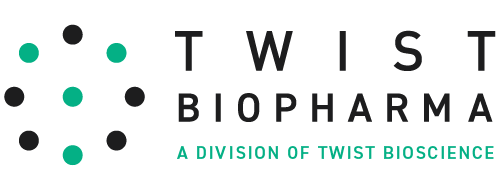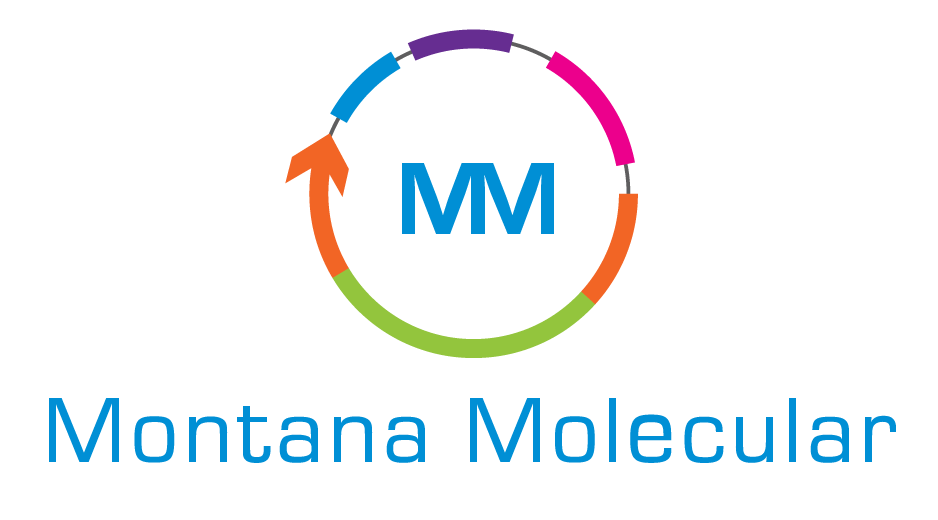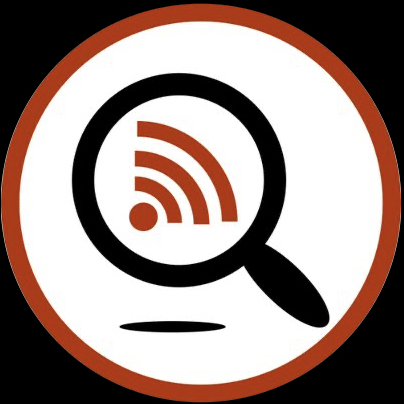Meet Dr. GPCR Summit Partners
Phosphorylation barcode ensembles encoded by CXCR3 direct non-redundant chemokine signaling
Monday, 09/13/2021 @ 3.00 PM - EST
- Dr. Dylan Eiger -
- The Duke University -
- Durham, North Carolina, USA -
Abstract
G protein-coupled receptors (GPCRs) are the most common transmembrane receptors in the genome and interact with effectors such as G proteins, B-arrestins, and GPCR kinases (GRKs). These pathways can be differentially activated by “biased agonists,” which are thought to largely regulate effectors through different receptor phosphorylation “barcodes”. However, there is currently little direct evidence that these different barcodes can bias effectors with distinct physiological effects. Here, we used mass spectrometry to demonstrate that chemokines of CXCR3 promote different ensembles of phosphorylation barcodes that we associated with differential activation of G proteins, B-arrestins, and GRKs. Chemokine stimulation also resulted in distinct changes throughout the kinome in global phosphoproteomics. Mutation of specific CXCR3 phosphosites altered B-arrestin conformation and was predicted to directly impact β-arrestin activation in molecular dynamics simulations. Transfection of CXCR3 mutants into T cells resulted in distinct agonist- and receptor-specific profiles that could not be explained by proximal effector activity alone. Our results directly link distinct GPCR phosphorylation patterns with B-arrestin conformation and cellular function and demonstrate the limitations of assessing GPCR physiology with proximal effector activity alone.
About Dylan Eiger
Dylan Eiger is a 6th year MD/Ph.D. student at Duke University, currently working in the lab of Dr. Sudarshan Rajagopal. He completed his undergraduate training at Duke University where he worked in the lab of Dr. Stephen Craig focusing on polymer chemistry. He is currently interested in understanding the mechanisms and implications of biased signaling at GPCRs by focusing on the endogenous biased signaling seen within chemokine receptors.
Author list and affiliations
-
Dylan S. Eiger1
-
Jeffrey S. Smith1,2
-
Christopher Honeycutt3
-
Noelia Boldizsar3
-
Julia Gardner3
-
Tujin Shi4
-
Chia-Feng Tsai4
-
Nicole Knape4
-
Carrie D. Nicora4
-
Ahmed M. Moghieb4
-
Tomasz Maciej Stepniewski5
-
Kouki Kawakami6
-
Issac Choi1
-
Kevin Zheng2
-
Anmol Warman2
-
Ouwen Huang1
-
Rachel A. Glenn1
-
Priya Alagesan1
-
Thomas F. Pack1
-
Ronnie L. Shammas1
-
Richard D. Smith4
-
Asuka Inoue6
-
Jana Selent5
-
Jon M. Jacobs4
-
Sudarshan Rajagopal1
1 = Department of Biochemistry, Duke University, Durham, NC 27710
2= Harvard Medical School, Boston, MA USA
3 = Trinity College, Duke University, Durham, NC 27710
4 = Environmental Molecular Sciences Laboratory, Pacific Northwest National Laboratory, Richland, WA 99354
5 = Research Programme on Biomedical Informatics (GRIB), Department of Experimental and Health Sciences of Pompeu Fabra University (UPF)-Hospital del Mar Medical Research Institute (IMIM), 08003 Barcelona, Spain
6 = Department of Pharmaceutical Sciences, Tohoku University, Sendai, Japan




























